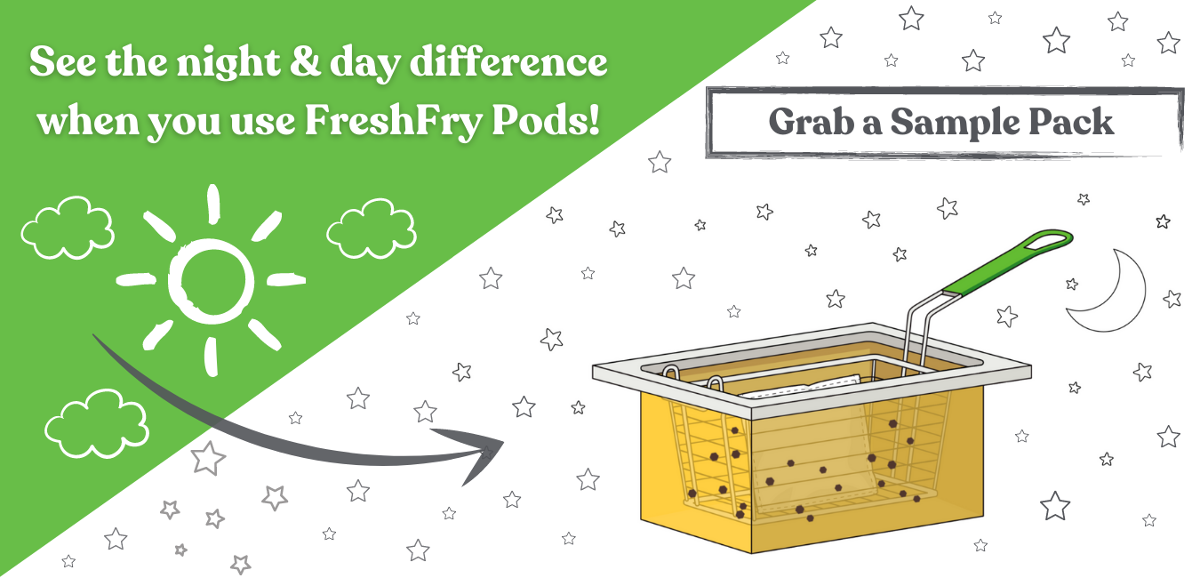McDonald's has Introduced the New "McPlant" Burger - Here's What it Means for the Restaurant Industry
Restaurants are no strangers to vegan culture, as it's becoming more and more popular for restaurants in major cities to offer at least one plant-based option on their menus. However, the fast-food industry has had a slower start in adopting this highly demanded initiative. Customers can find the Impossible Burger and Beyond Meat options at restaurants like Burger King, Carl's Jr, Del Taco, and White Castle, as well as plant-based options without imitation meats at Taco Bell, Chipotle, and Qdoba. But the "big boss" of the industry, McDonald's, has not offered a mainstream vegan option until now (hopefully). The McPlant Burger is a Beyond Meat patty option being tested in Sweden and Denmark, and will hit the UK and Ireland later this month. In Sweden, McDonald's has been offering a McVegan sandwich for years, but it never made it's way into other markets. The McPlant Burger will be tested with careful attention to the texture and ‘chewing resistance' of the burger to ensure it's pleasant for the consumer.

So, what does this mean for the restaurant industry? It means that the consumers hold all of the power - and the consumers are beginning to demand more sustainable business practices.
See the quality of your oil in seconds with a Frying Oil Test Kit >>
8 Restaurant Sustainability Practices to Adopt in 2021
Here are the some of the easiest sustainability moves for restaurants to make this year:
- Introduce a few meatless menu options such as the Impossible Burger, Beyond Meant, or other whole food plant-based options.
- Grow your own produce - farm-to-table restaurants are very enticing after a pandemic that taught people the importance of their health. Home-grown produce is a great way to sustain your restaurant while getting more business from health-conscious customers.
- Easy energy-saving product installations such as LED, halogen, or CFL bulbs.
- Reduce waste through donation - Soup kitchens, homeless shelters, and religious organizations may all take your extra food.
- Invest in eco-friendly disposables such as paper straws & QR Code menus.
- Join a recycling program.
- Teach employees sustainable practices - Every single team member has a role in how much waste is produced. A little education can be all it takes to improve individual awareness and decrease waste significantly.
- Use FreshFry Pods to extend the life of your frying oil. Less oil usage means less oil waste. FreshFry Pods use redeployed plant waste to clean and filter frying oil - so it's a great way to reduce waste overall.




